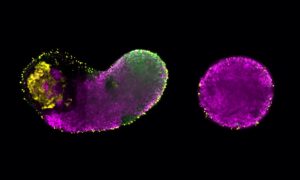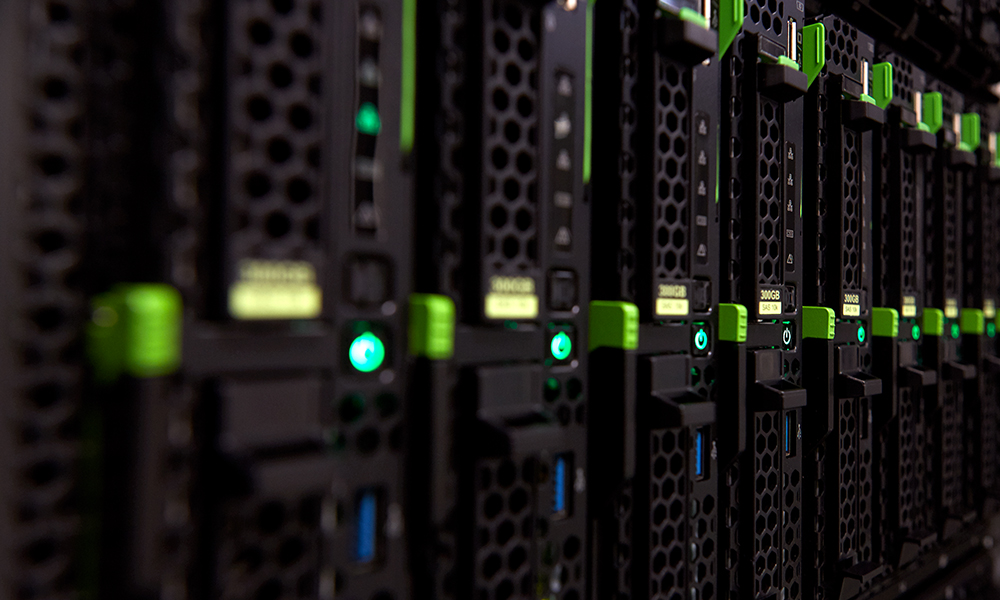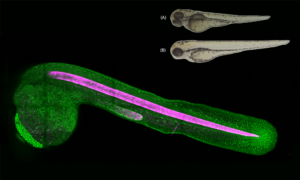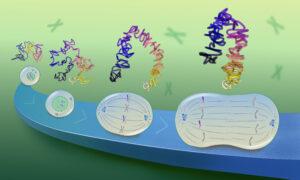
Understanding the role of our genes in SARS-CoV-2 infections
EMBL scientists will contribute to the new German COVID-19 OMICS Initiative to study the biological mechanisms contributing to coronavirus infections

Infection with the novel coronavirus SARS-CoV-2 affects people in different ways. While many patients only show mild symptoms, others suffer from severe illness. The biological factors that lead to these differences are not yet known. Are there genetic factors that make some patients more susceptible to SARS-CoV-2 infection or predispose them to more severe symptoms? What are the roles of the different cell types in our immune system during an infection? Could an additional infection with other pathogens influence the severity of COVID-19 cases? How often does SARS-CoV-2 accumulate changes in its genome, called mutations, and do these differ between individual regions in Germany? How could mutations change the way the virus infects human cells, or change the effect of vaccines or antiviral drugs?
Large clinical studies and detailed analysis of the large amounts of data they generate are necessary to shed light on these questions. To address these challenges, experts from more than 20 universities and research institutes, including EMBL, have joined forces in the German COVID-19 OMICS Initiative (DeCOI). DeCOI brings together experts in genomics, bioinformatics, and national data infrastructure initiatives.
EMBL group leaders Jan Korbel and Oliver Stegle, who is also affiliated with the DKFZ Heidelberg, will contribute to DeCOI by coordinating the set-up of IT infrastructures for secure storage and access to human genome sequencing data. The EMBL scientists will share their expertise in bioinformatics and genome biology to support the collection, distribution, and analysis of genomic data from COVID-19 patients. Combining the data that will be generated in large clinical studies across Germany and Europe will be necessary to determine the influence of our genes on coronavirus infections. To help researchers and clinicians worldwide to effectively combat COVID-19, data generated through DeCOI will be rapidly shared with the worldwide scientific community, for example through the European Commission’s COVID-19 Data Portal.


